|
Over the course of five weeks, I attended international Brazilian Zouk dance festivals and local events in seven countries. In Toronto, I studied with Brazilian Zouk’s pioneers, Renata Peçanha and Jaime Arôxa. I ate my way through Paris, discovered I remembered a surprising amount of my high school French, and danced with locals and friends from Toronto and New York City on the Seine. I survived a solo bike tour of Amsterdam and discussed how to manufacture emotional connection over Toasties in The Hague after three days of intensive Zouk training. I received a personal midnight tour of Delft and took a photo in front of the old town hall where some of my Canadian zouk friends had gotten married. I washed salt off my cheeks before a private dance class following a visit to the Ghetto Heroes Monument in Warsaw. I started seeing familiar faces in Katowice, Poland. I learned to walk and eat slowly and thought about life, community, and Judaism in Prague. I got stranded in Germany and spent a day exploring Rothenberg Castle with a group of young-professional expats that ended at a Blues bar watching awkward middle-aged Germans bounce around happily to famous Blues songs they know all the words to but don't understand. I was invited to teach a workshop in Manchester, England and ate all the fish and chips. In London, I picnicked, attended local and regional socials, and "zouk-bombed" a Blues dance festival's latenite Fusion dance set DJ'd by one of my American dance friends. When I set out to conduct my summer research, I asked a series of questions, some of which through the course of my project I have been able to update. These were: 1) can I begin to identify where the various elements of this dance come from? 2) What elements define the dance today and where did they come from? 3) Is there a modern day Zouk culture and if so how much of it is rooted in Brazil vs. other countries in which the dance has taken root? 4) Are there cultural differences between international Congresses and local communities housed within the same city? Regarding the first question, yes, I can begin to identity the elements that comprise this dance. For the second, in addition to the fundamental movements (Basico, Lateral, Viradinha, Soltinho, Elastico, Boomerang, Yo-Yo) that comprised the original dance in Rio de Janeiro, we have “passive head movement,” lead isolations, hip hop styling, underarm swings from West Coast Swing, and open frame influenced by European ballroom traditions as well as local cultures in which full body contact is uncomfortable for new dancers In eastern Europe, the Follows/women are known to be some of the best in Europe. This is likely due to them coming into Zouk with strong backgrounds in ballroom, ballet, and sometimes Bachata, which means they have body awareness, control over their legs and feet, lines, frame, and other technical qualities that allow them to execute virtuosic movements with seamless transitions and styling. What they do not have, however, is a strong Brazilian presence, which changes the feel of the culture in these spaces. They are a little less touchy-feely, a little quieter. In many places, the music had no beat, there were no fundamental movements, some dances hardly included any movement, and yet there was still an understanding that all of this fit under the Zouk umbrella. For Brazilian Zouk grandfather Jaime Arôxa, one does not dance Zouk to music without the Zouk rhythm, even though dancers today can find the rhythm on their own in a 4/4 meter. In some places the dances felt very contemporary and in others very hip hop. Overall, European dancers connect first and seek to maintain that connection even as they are executing technical tricks such as counterbalance turns. There is a Brazilian presence in most places. Nevertheless, while there is some Brazilian music in Portuguese, most music is remixed American pop-music, which means the songs you are used to dancing to in the U.S. are often songs you will hear abroad. Therefore, in addition to shared movement vocabulary, being able to share a familiar or favorite song with someone who does not speak the same language as you do can nonetheless result in very memorable moments. Regarding Congresses vs. local communities, yes, there are differences. The Paris community was a good example in which the dancers were different and not all of the locals attended the Congress, which meant the Congress was mostly people who traveled to get there. There was no newcomer track, which meant the level was generally very high as participants already knew how to dance. Furthermore, there were people who traveled from cities where there was no one to dance Zouk with, so their passion was infectious and a privilege to experience. On the other hand, perhaps there is not as much difference as I think since a lot of the people in local communities travel, as travel is much easier and less expensive in Europe than in the US. Because of this, we get a lot of the same people at the Congresses, so in a sense the European dancers are creating their own roving community. Going forward, I am reframing my research with new questions. First, how important is it to keep Brazilian Zouk Brazilian? Second, how much of the culture and business model is influenced by Brazilian culture and politics? For me and many of the Brazilian teachers from Rio de Janeiro, it is important to keep Brazilian Zouk Brazilian. As a researcher and participant desiring to engage more deeply with the people who are sharing their culture with me, I am learning Portuguese and engaging with scholarship on Brazilian culture and history. I look forward to seeing what adventures await me as I continue my journey through Brazilian Zouk.
0 Comments
Your comment will be posted after it is approved.
Leave a Reply. |
Sydney Schiff Dance Projectperpetual metamorphosis Archives
October 2017
Categories |
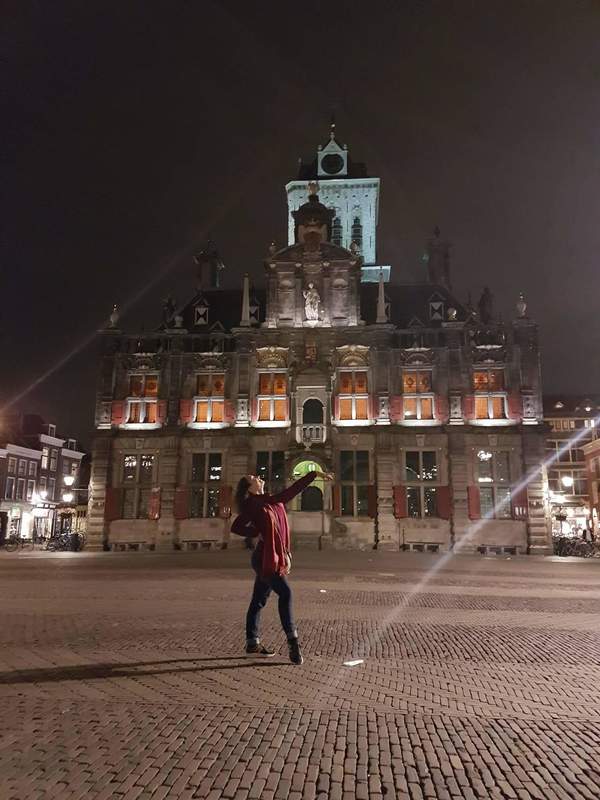
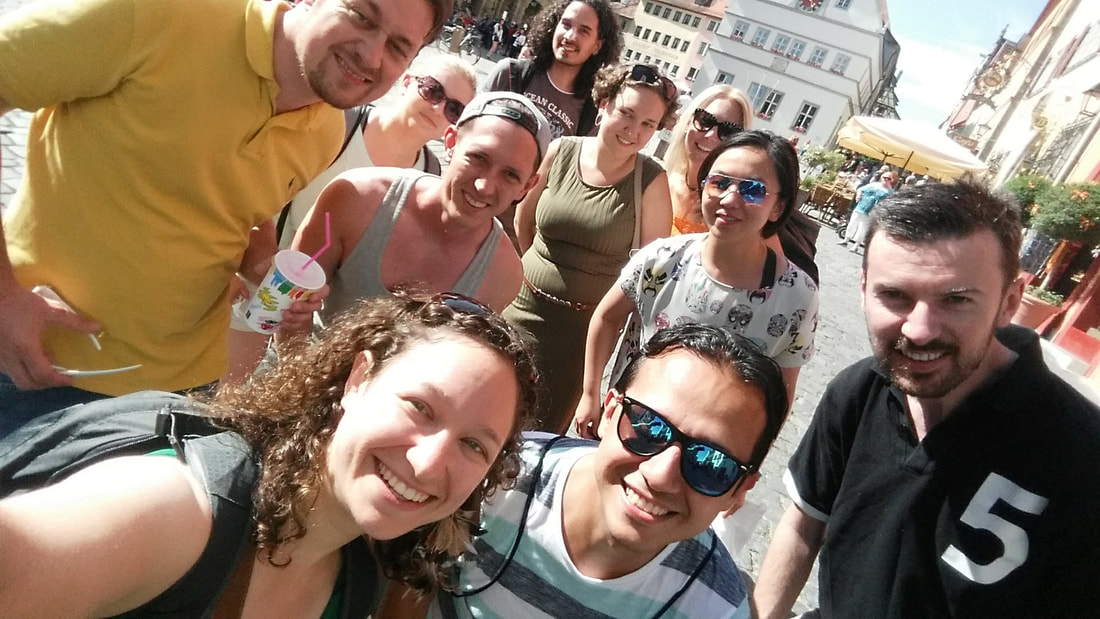
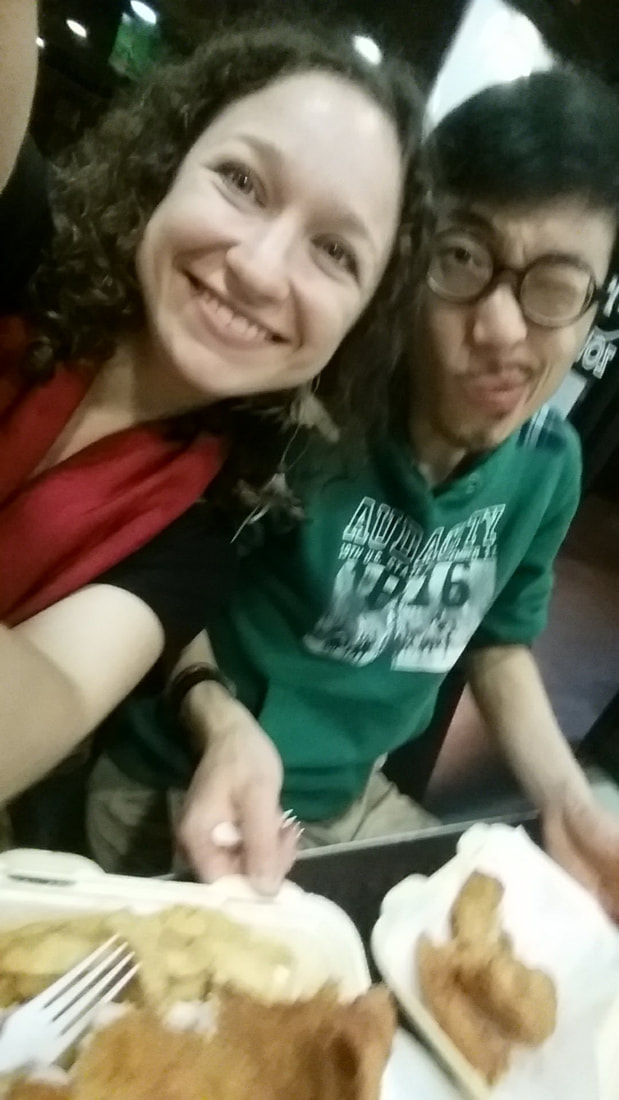
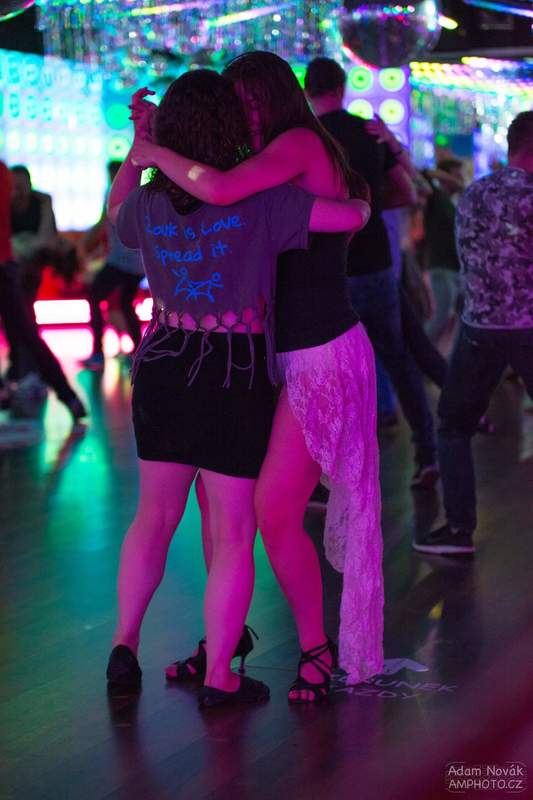
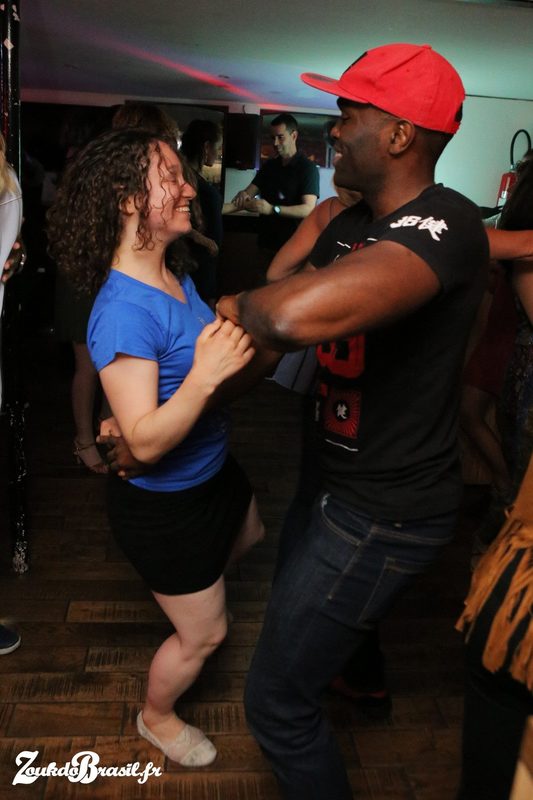
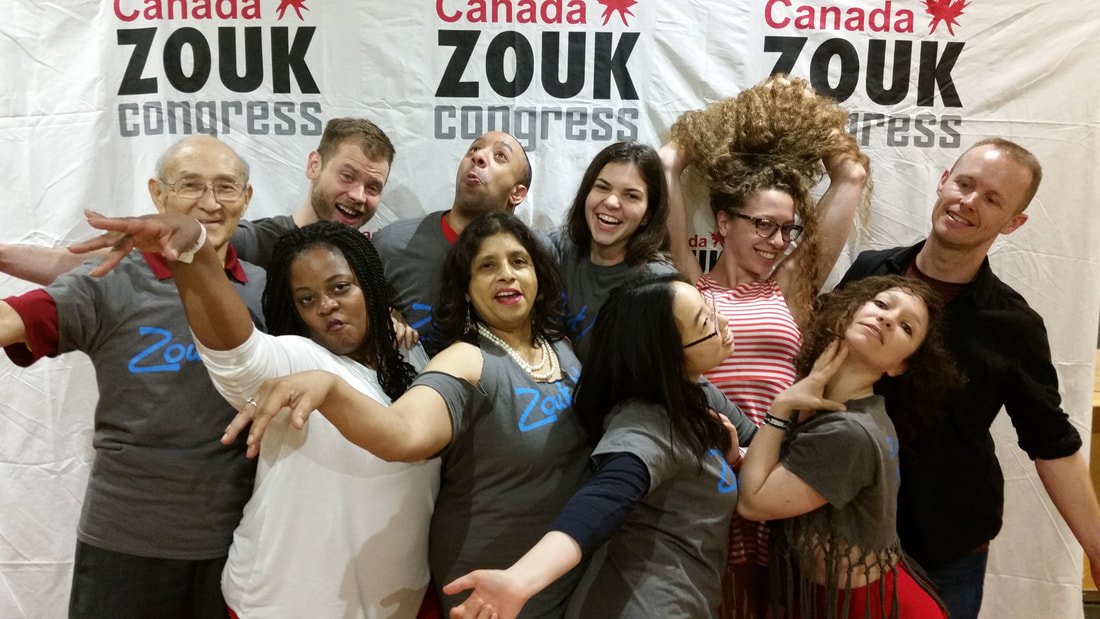
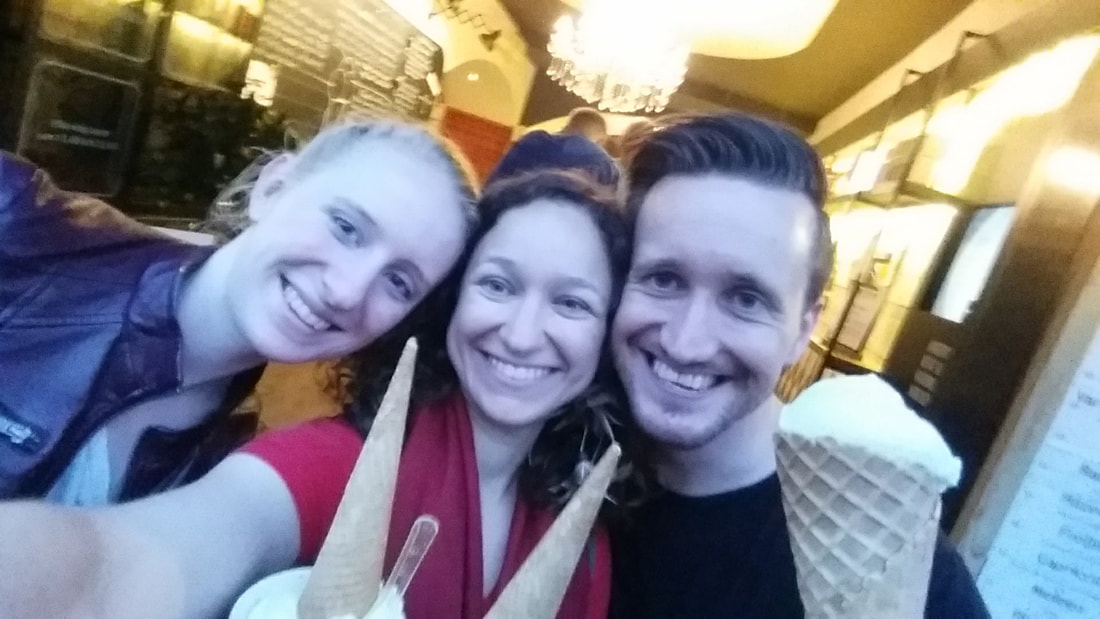
 RSS Feed
RSS Feed